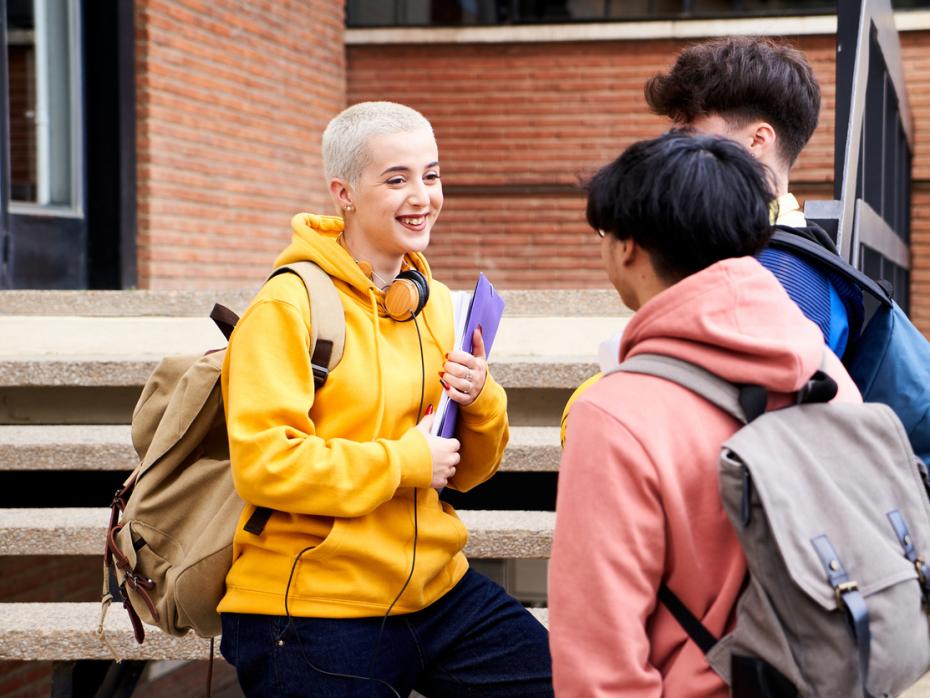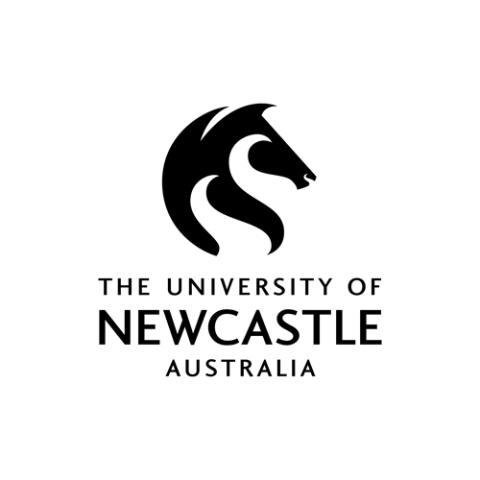
A tailored onboarding programme can help set neurodivergent students up for success
The recent introduction of an early entry programme at the University of Newcastle created an unexpected but welcome opportunity to respond to a growing population of neurodivergent students commencing their studies
You may also like
Popular resources
The first time in my life I truly felt seen, accepted and heard was when I was approved for Australia’s National Disability Insurance Scheme eight years ago. The other time was 15 February 2024 when the University of Newcastle in Australia ran the Empowering Neurodivergent Students for Success programme. I am not too proud to admit that these words brought tears to my eyes.
The recent introduction of an early entry programme at the University of Newcastle created an unexpected but welcome opportunity to respond to a growing population of neurodivergent students commencing their studies. Pre-armed with early enrolment data, in which students had self-identified as having a disability, our AccessAbility team was able to contact those students earlier in their admissions journey. This led to us developing a bespoke onboarding programme to provide a soft entry to our regular welcome week activities.
We promoted the two-day Empowering Neurodivergent Students for Success programme as providing neurodivergent students with the tools and resources they need to successfully navigate the transition to university life. The programme taught them about study skills, developing a well-being plan, university support services and how to communicate with academics and offered them an opportunity to attend a campus tour and connect with other neurodivergent students and allies.
- Resource collection: Routes to improving disability support in higher education
- What universities can do to support their autistic employees
- 10 ways universities can reject ableism
Honestly, we expected about 10-15 students to enrol. When 80+ students and 10 support people registered, we had to quickly relocate the programme from a meeting room to a larger venue – not necessarily an ideal start for those who often seek structure. The move to lecture theatres (and splitting students into two groups for some activities), however, was a success as it helped students get a taste of how lectures worked in an emotionally safe and responsive environment. That was the first learning, which we will take into how we improve the programme for next year.
For those interested in developing such a programme, the run sheet across the two days included:
- A talk by a neurodivergent guest speaker who recounted their experiences. We provided the guest speaker with prompts to help them develop their presentation, including:
- What helped you settle in and survive the first few weeks?
- What tips would you share to motivate and reassure students just starting?
- What it was like when you first started your studies?
- An introduction to first-year basics:
- Parking on campus
- Finding your class on campus
- Accessibility, including transport options such as the mobility shuttle
- How to use Canvas, our learning management system
- How to use the student portal for tasks such as registering mandatory attendance
- An introduction to our student enquiries team and portal
- Information about how to apply for adverse circumstances
- An introduction to the counselling team, who facilitated group discussions on common concerns, hopes and fears. Students left with tips and resources to build a well-being plan, including their support network
- A presentation by learning and development staff on planning for academic success, including advice on time management
- Information regarding how to communicate with academics
- An overview of the AccessAbility service and mentoring programmes by accessibility staff
- An overview of the student union’s role in student life
- Guidance on how to use the university’s library services
- A guided tour of campus by student mentors.
The programme was run over two short days (10am–2pm), which made it more manageable for these students. We provided morning tea and lunch to attract students, help them connect with each other and show them that the university values them. We tailored a welcome pack to include specific tip sheets and resources, as well as their choice of fidget toy.
By the end of day one, many students had formed social connections, shared contact details and started developing their support network. Some students struggled on day one but had made friends by the end of day two. And by day two, new participants attended after hearing of the programme via word of mouth.
The participants in our programme ranged from 17 to 53 years of age. There was no common entry pathway; some were school-leavers, some were returning to study and some came to us from other universities or vocational education. Some attended alone, some had support people, some brought their parents and some brought support animals.
In Australia, 9.1 per cent of people aged 15-64 with a disability are studying for a non-school qualification. This compares with 15 per cent without a disability. I hope that through designing bespoke onboarding programmes that assist neurodivergent students with the transition to tertiary education we can help to achieve parity in those statistics. I’m pleased that, as an institution, we are helping neurodivergent students feel better prepared to start their academic journey. The testimonials we have received reflect that.
Scott Laing is the associate director of student well-being at the University of Newcastle, Australia.
If you would like advice and insight from academics and university staff delivered direct to your inbox each week, sign up for the Campus newsletter.




